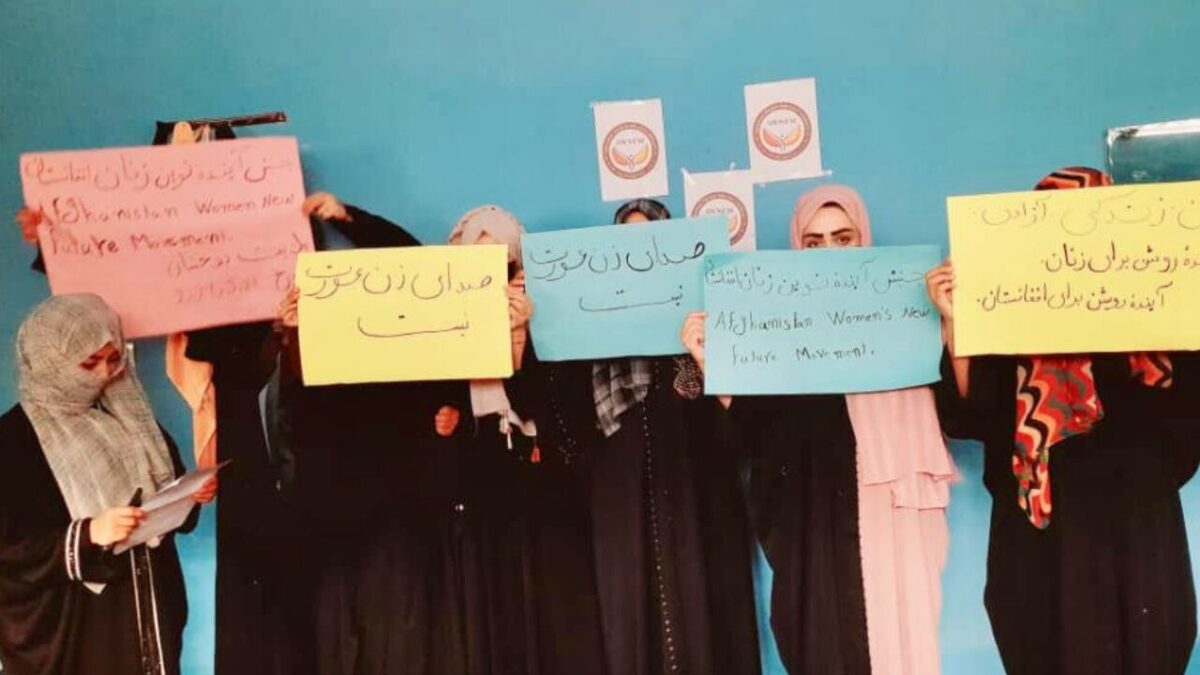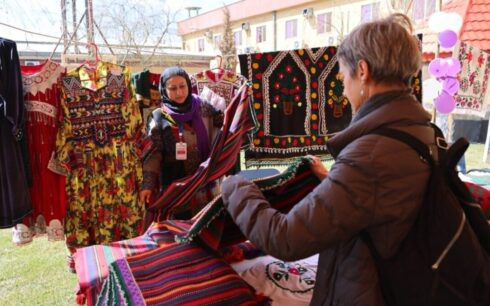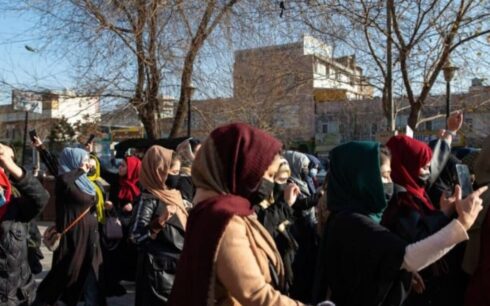As calls for an inclusive government in Afghanistan continue, a growing number of citizens are emphasizing the crucial role of women in shaping and sustaining governance.
In interviews with Amu, several women stressed their right to participate in key national decision-making processes.
Women argue that, as half of the population, they deserve to have a say in the country’s most important decisions. “Women are half of society and have the right to be involved in major national decisions,” said Nazanin, an Afghan woman who, despite increasing despair, still holds out hope for the future. “The Taliban government has not included a single woman in its cabinet, yet women constitute half the nation. They deserve a role in shaping the decisions that affect their country.”
Nazanin’s views are echoed by Sharifa, another Afghan woman, who warns that ignoring women’s contributions is tantamount to “erasing half of society.” “Women’s role in an inclusive government is essential because they represent half of the nation,” Sharifa said. “Without their participation, it would be as if half of Afghanistan is silenced, and that is a devastating reality.”
Men are also voicing their support for women’s involvement in the country’s political and social spheres, from military and civilian sectors to the economy and healthcare. “In my opinion, women’s role in government is vital,” said Hameed, a resident of Afghanistan. “We’ve seen how important their presence is in the security sector, education, healthcare, and the economy. For instance, when a woman is ill, it is so valuable to have female doctors. Women are crucial in every sector.”
Others are calling on both the Taliban and the international community to take the issue seriously. Many urge the global community to back Afghan women’s demands for education, employment, and inclusion in governance.
“Women can play a key and prominent role in good governance,” said Frozan, another Afghan woman. “A system without women will fail. Women are successful leaders and managers who will help the country prosper. We call on both the Taliban regime and the international community to ensure the rights of Afghan women. We want to study, work, and achieve our dreams.”
Since retaking power in August 2021, the Taliban have formed an all-male cabinet, which human rights advocates have criticized as exclusionary and discriminatory. Despite the Taliban’s claim that their government is inclusive, many activists, political figures, and countries argue that it lacks meaningful representation of all segments of Afghan society.





